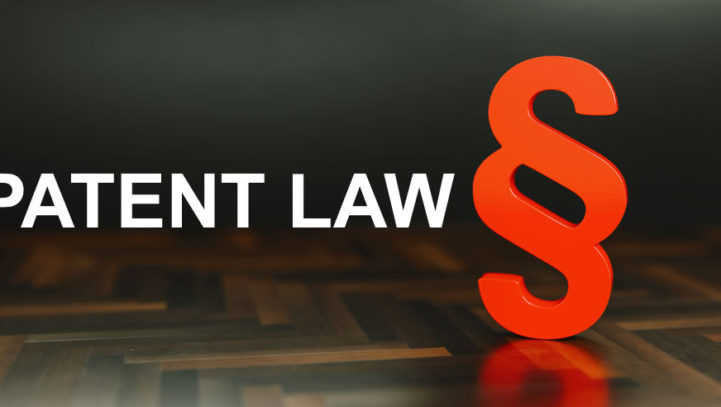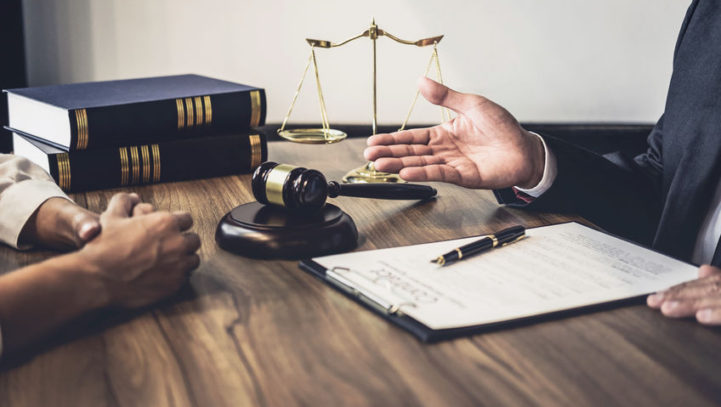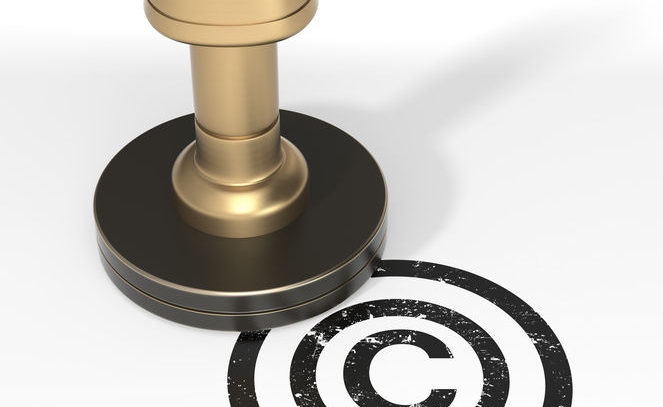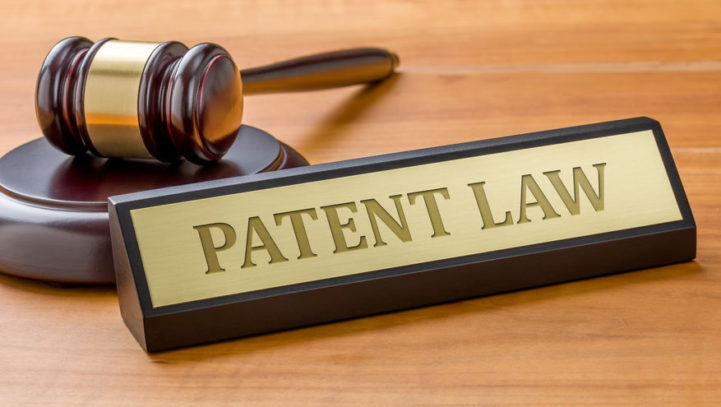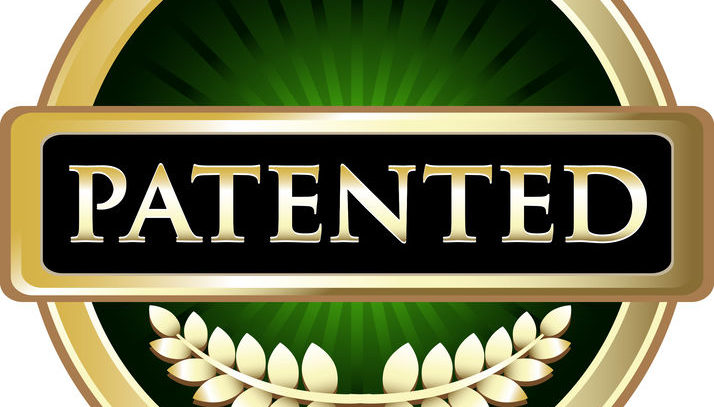
WHAT IS A PROVISIONAL PATENT APPLICATION?
Provisional Patent Application Forms A provisional patent application allows you to file without a formal patent claim, oath or declaration, or any information disclosure (prior art) statement. Since June 8, 1995, the United States Patent and Trademark Office (USPTO) has offered inventors the option of filing a provisional application for patent which was designed to…


